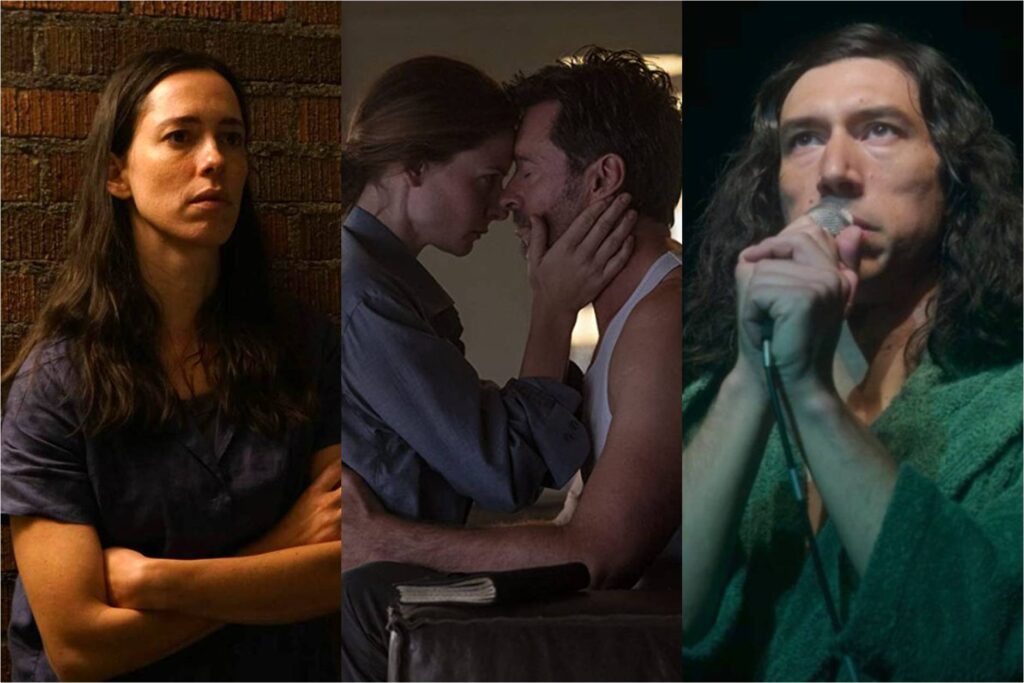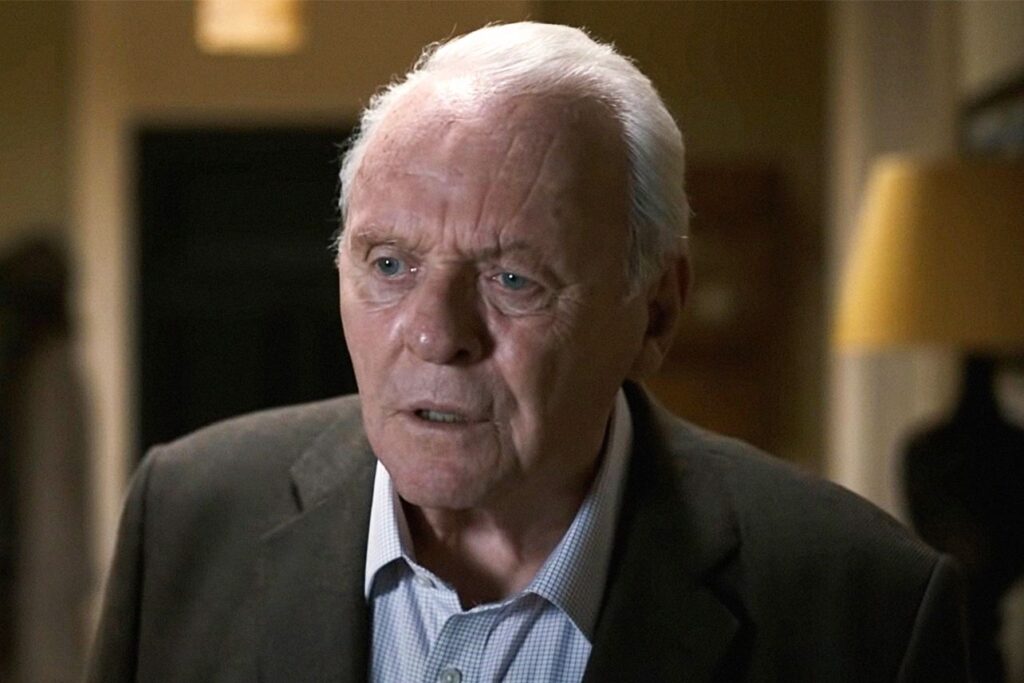Original Screenplay Weekend! On Annette, Reminiscence, and the Night House

Some original screenplays are more original than others. Last week, for example, I reviewed Disney’s Free Guy, a jumbled, weirdly fascinating action comedy that prides itself on not being based on any existing intellectual property, then spins an entire film from references to (and rip-offs of) other intellectual properties. I was happy to see Free Guy perform well (it’s now spawning a sequel, naturally), if only because I want studios to keep making original movies. As if by magic, this past weekend featured the release of three such pictures, a veritable bonanza of novel #content. (Technically there were four, but I failed to make time for Martin Campbell’s The Protégé.) None is a perfect film—in fact, all three have considerable problems—but my disappointment is tempered by my enthusiasm for their very existence. I didn’t love any of these movies, but I did love that I was able to watch them.
Of the trio, The Night House is the most conventional, which isn’t to say it’s typical. Directed by David Bruckner from a script by Ben Collins and Luke Piotrowski, it’s a ruminative ghost story that’s less interested in freaking you out than pulling you in. Its heroine, a high school English teacher named Beth (a fantastic Rebecca Hall), isn’t just the frightened resident of a haunted house; she’s also a little bit scary herself. An early scene, in which she calmly shames a grade-grubbing parent into stunned silence, reveals her capacity for blunt anger, while a night out with colleagues quickly turns into an unhappy hour where busybodies tiptoe around a powder keg. Read More




